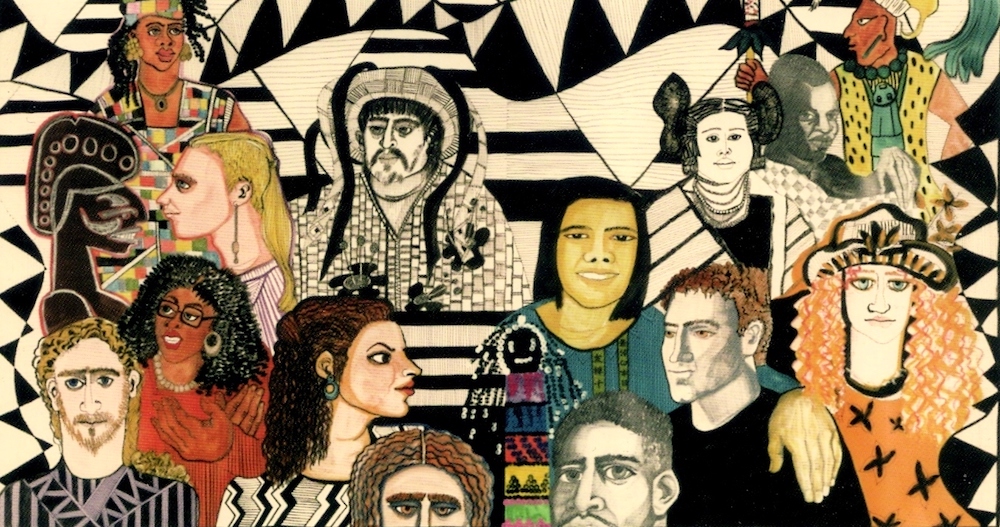
Sociology is the study of the processes and structures that shape social life. Sociologists are interested in social interaction and relationships as well as groups and institutions. We use a variety of methods to investigate the social world, including conducting large surveys, interviewing individuals, examining texts and historical documents, and observing interactions between individuals and groups. Through these methods, sociologists provide critical insights about social reality and the human condition.
The sociology major at LMU serves as a foundation for a broad range of career paths and graduate and professional studies. Our graduates have gone on to careers in social work, community service, communications, project management, mental and public health, and corporate development, among others. The major also prepares students for graduate studies in law, social services, criminal justice, business, health sciences, social sciences, and the humanities.
What Do Sociology Majors Do?
Sociology majors take a core set of courses in research methods and sociological theory. Majors supplement these courses with elective sociology courses in the following areas:
- Social Organizations, Institutions, and Groups
- Power and Inequality
- Social Processes and Change
Through these courses, majors learn about the foundations of the discipline and its development over the course of the nineteenth, twentieth, and twenty-first centuries. They also build methodological, analytical, and writing skills and are exposed to cutting-edge research from a variety of subfields in the discipline.
Discover Ideas of What You Can Do with a Sociology Degree.
Is This Major Right For You?
If you are interested in people, how we interact and organize ourselves, then sociology might be the right major for you.
Our goal is for students to be transformed by their classroom experiences, the books and articles they read, internships and community services they perform, the research they conduct, the papers they write, and the different perspectives and worlds they experience and explore. We help our students to become more aware of perspectives and experiences of diverse individuals and groups, as well as the policy initiatives that could bring about positive changes in people’s lives and contribute to a more just and equitable society. Sociology students gain a greater appreciation for the local, global, and transnational communities in which they live and also for the ability to evaluate information and evidence. In addition, students gain competency in using information, interpreting ideas, and expressing themselves in the classroom, in writing, and in public presentations.
About Our Faculty
Our faculty are respected scholars and committed teachers. We conduct research in a variety of areas including social movements, globalization, immigration, race and ethnicity, gender and intersectionality, media and society, deviance, law, stratification, urban social life, the life course, aging, the environment, health and medicine, and religion and society.
Members of our faculty are active professionals in the discipline, serving on editorial boards of sociological journals, holding positions on the governing boards of national and regional sociological societies, receiving prestigious grants and fellowships, and authoring award-winning books and articles.
About Our Students and Graduates
Our students participate in a variety of campus organizations and clubs, in addition to the Sociological Society, a student-run group that sponsors departmental events.
Graduates of our undergraduate program have been admitted to top graduate programs in education, business, medicine, sociology, law, social work, public administration, journalism, and public health. Recent alumni also hold positions in universities, family services, the entertainment industry, social work, law, and medicine.
Representative Courses
- Community
- Criminal Justice
- Deviant Behavior
- Environment and Society
- Gender and Migration
- Gender and Society
- Health and Social Justice
- Human Trafficking
- Media and Society
- Men and Masculinities
- Political Sociology
- Politics, Faith, and Civic Engagement
- Race and Ethnic Relations
- Religion, Culture, and Society
- Social Movements
- Social Stratification
- Sociology of Aging
- Sociology of Globalization
- Sociology of Health and Illness
- Sociology of Marriage and Family
- Sociology of Sport
- Sociology of U.S. Immigration
- Urban Sociology
More Resources (Links)
- LMU Department of Sociology
- American Sociological Association
- Alpha Kappa Delta - International Sociology Honors Society
- U.S. Census Bureau